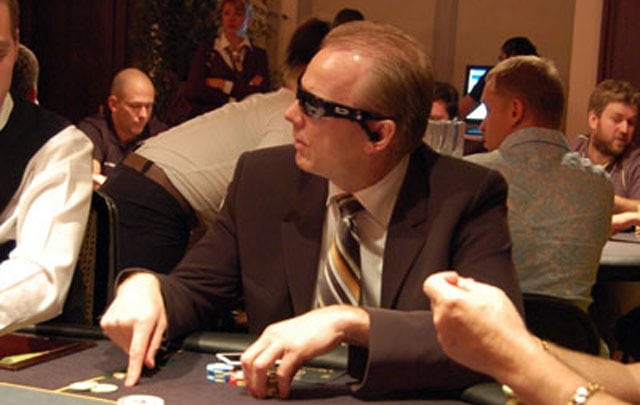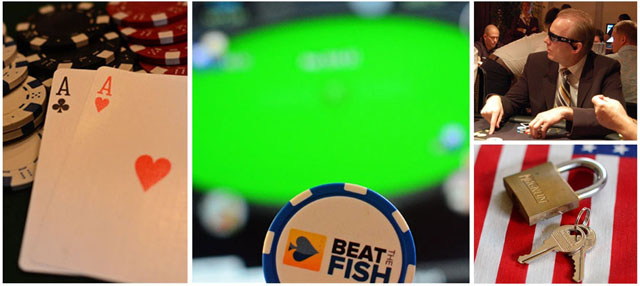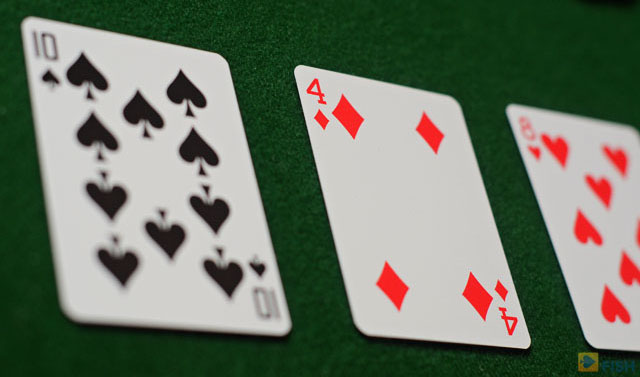
Marcel Luske, also known as the Flying Dutchman is one of the best known figures in the poker industry. Apart from his performance on the felt, Luske has also contributed a lot in terms of poker rules, etiquette and more.
One of his most important contributions were the International Poker Rules he came up with in 2008. Somewhat different to TDA rules which were used in most venues, Luske’s guidelines and instructions focused primarily on the players.
Table of Contents
Marcel Luske: poker rules for players
The idea behind these rules was to create a safe and fair environment for the players who were often damaged by the casinos in one way or another. Most venues wanted to see poker events over as soon as possible, ensuring players would move on to more profitable (for the house) casino games.
While amateurs didn’t care (or simply didn’t know) much either way, professionals were not happy with the situation and wanted to see a change. Luske offered that change with his novel set of poker rules which he published via his Federation International de Poker Association (FIDPA).
Over time, more and more casinos started adopting these new regulations. The FIDPA set of rules was especially effective in the fraud and abuse prevention department.
PokerStars reach out to Marcel Luske
As the owner of EPT and several other big live tournaments, PokerStars have always strived to offer their players the best playing experiences and, for the most part, they have been successful. In the spirit of these efforts, they reached out to the Flying Dutchman in 2012, asking for a permission to use his rules for their live events.

Recognizing the benefits a deal with the industry leader could have for the FIDPA recognition, Luske came to terms with PokerStars. They agreed on a $25,000 annual fee in exchange for the right to use his set of rules. Additionally, FIDPA logo would be featured during all PokerStars tournaments.
The fallout
The deal was not made in ink but rather relied on the “gentleman’s handshake.” This is not that uncommon in the poker industry, so Luske had nothing to worry about until he received news that PokerStars had changed their mind and instead of his rules, they would be implementing their own, called PSLive rules.
According to Dutchman, these PSLive rules were the exact copy of his FIDPA rules to the minutest details. The language is sometimes changed a bit, he explains, but the essence is always retained in full.
Taking the next step
Luske has witnessed his rules being used under a new name without a compensation or recognition of any sort. After putting up with it for a few years, he finally decided he’s had enough and is now proceeding with a full legal action.

He is asking for damages not only because his rules are being used under a different name without his permission. Luske claims he also passed on some lucrative possibilities because he believed the oral agreement with PokerStars was made in good faith and he fully expected it to be honored.
Namely, sticking to the agreement with the then-owner company Rational Entertainment, Luske passed on an offer from Aley Dreyfus, Global Poker Index owner and founder, to license FIDPA rules to them.
Although all claims from the suit are directed primarily at Rational Entertainment, Amaya Group is also included because they allegedly continued to use PSLive rules after they had purchased PokerStars in 2015.







